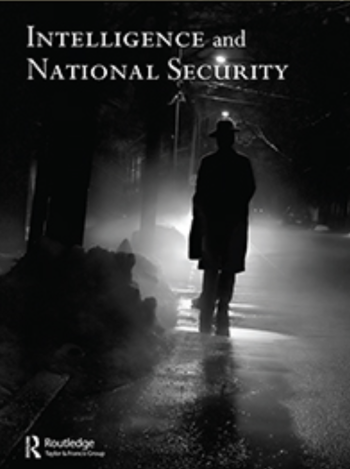The View from Somewhere: Lessons from the Intelligence Failure in Iran
The View from Somewhere: Lessons from the Intelligence Failure in Iran

This paper argues that some cases of estimative failure – including the case of the 1979 Iranian revolution – are the result of a flawed orthodoxy of intelligence-policymaker relations, which overlooks the policymaker’s actual and potential impact on the target. In contrast, this paper introduces the concept of “the view from somewhere”, which places the customer’s policy and preferences at the center of the intelligence problem.
In the Iran case, estimates adopting the view from somewhere could have warned Washington of critical decision points while it still had leverage to act, explained how US policy had inadvertently shaped the Shah’s ineffectual response to unrest, and assessed opportunities for effective policy alternatives.
